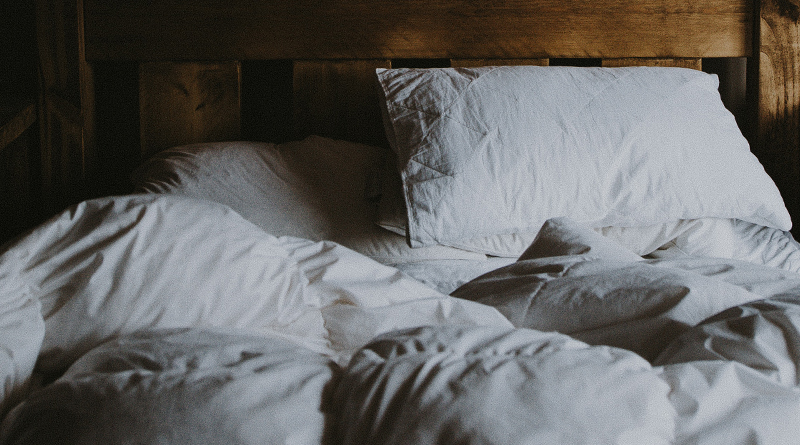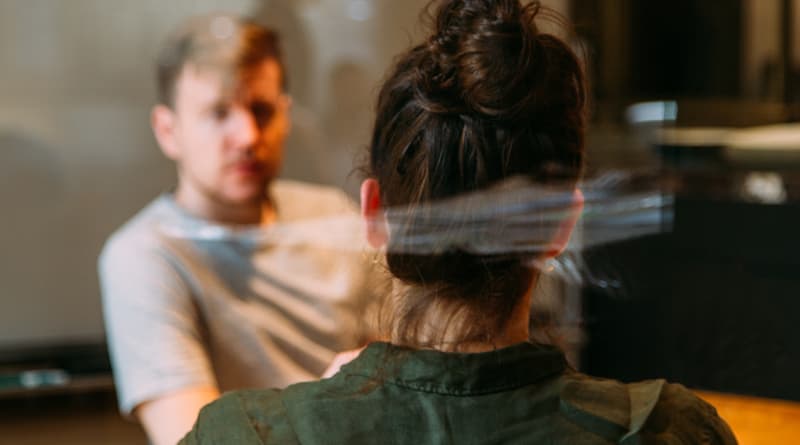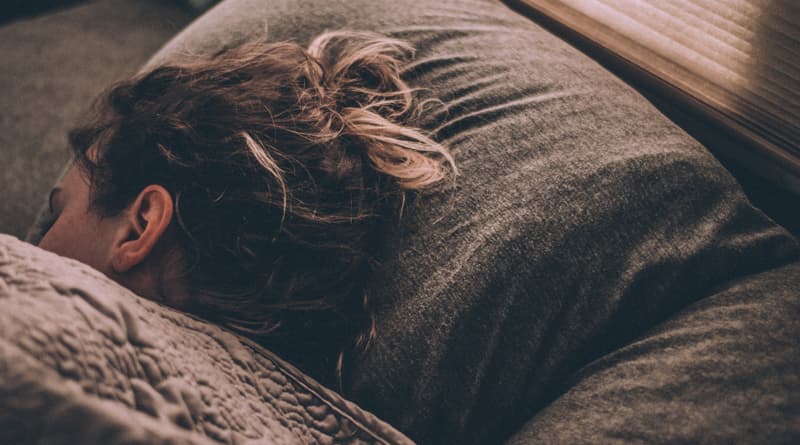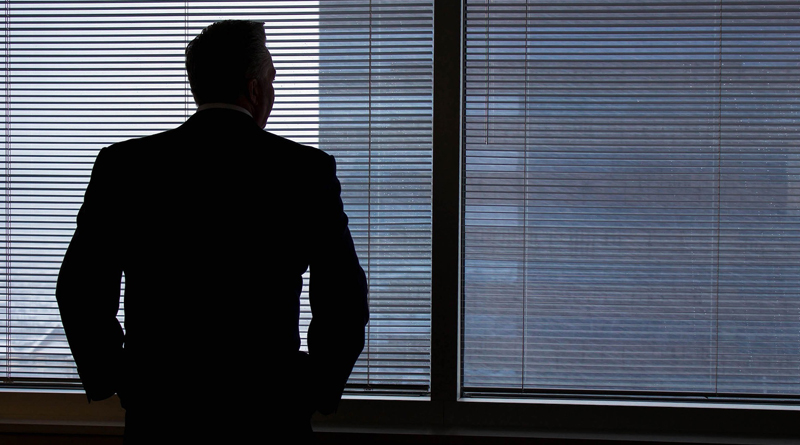
Six Simple Steps Seniors Can Take to Battle Insomnia
By Karen Weeks
Aging and Insomnia
As you age, your body gets worse at achieving quality, restful sleep. The hard truth is this: research shows that at least half of all seniors deal with some sort of sleep difficulty. The older you get, the harder it is to fall asleep, stay asleep, and get deep (REM) sleep when you finally do doze off. Although some serious sleep problems require medical intervention and possibly prescription medication, many seniors can improve their sleep by making some lifestyle changes and altering their home environment in some way. Here are some steps you should take right now if your nights are long and hard.
Get a Better Mattress
“Better” doesn’t necessarily mean “more expensive.” Instead, the best mattress is simply the one best suited to your specific needs — and every senior has them. Some of the most important elements to look for in a mattress are spine alignment, pressure relief, responsiveness (how well a mattress reacts and adjusts to your body movements while you sleep), firmness and temperature control. The quality of your mattress, and how well it adapts to your specific sleep type, plays a major role in the quality of sleep you’ll get.
Stop Drinking Caffeine and Alcohol Late at Night
Since caffeine stays active in your body for six to eight hours, you can see why consuming this stimulant right before bedtime can lead to poor quality sleep with various nightly interruptions. Studies have shown that simply consuming one caffeinated beverage six hours before bedtime reduced sleep quality in a majority of those researched. To be safe, just stick to decaffeinated coffee (or caffeine-free sodas) after lunch.
Alcohol is a whole different story, but the ending is the same: bad sleep. Since alcohol is a depressant, having a glass of scotch before bedtime can help you fall asleep faster. The problem is that alcohol can disrupt your circadian rhythms, making is much more likely that you’ll get worse-quality sleep and wake up at various points throughout the night.
Try a Natural Sleep Aid
Before you go running off to the doctor and asking for prescription sleep medication (which can be habit-forming), at least give a natural remedy a shot. Melatonin supplements can help sleep quality, as you are basically giving your body more of what it uses to regulate sleep anyway. You can try other natural substances that have been linked to better sleep, including ginkgo biloba, valerian root, magnesium, L-theanine, and lavender. Wash it all down with some warm milk and honey (a long-prescribed trick to battle restlessness) and see if it helps.
Prep Your Bedroom for Maximum Sleep Efficiency
It’s possible for some people to sleep in a sauna with a train buzzing by their heads after six hours of Twitter time. For anyone who struggles to get quality sleep, one of the first steps to correcting it is to take a look at your sleep environment.
First things first: you have to remove electronic distractions from your bedroom. Your brain needs to know that when your head hits the pillow, it’s sleepy time — and not time for Facebook or checking emails. Leave the TV, iPad, laptop, and cellphone outside. Next, make the room as dark as possible. Blackout curtains are one way, but if you can just shore up your existing defenses against the light by filling the gaps, you’re probably okay. Finally, lower the thermostat. According to the National Sleep Foundation, the optimal temperature for quality sleep is between 60 and 67 degrees, believe it or not.
Get Some Aerobic Exercise Every Single Day
You should be exercising for your mental, cardiovascular, and joint health, but if you’re not, it could negatively affect your sleep. Exercise has been shown to help those with sleep issues.
Studies have found that exercise and sleep share a sort of circular relationship. Better sleep improves the quality of exercise and that exercise, in turn, improves the quality of your sleep. One study, as reported in the New York Times, suggests that an exercise routine (not just sporadic exercise) is what eventually affects sleep in a positive way. So, get out there and give your body as least 30 minutes of moderate exercise every single day. Do note that when you exercise does matter. Johns Hopkins Medicine says that due to endorphin release and the fact that exercise increases core body temp, you should exercise at least two hours bed.
Know When to Give Up and Try Again Later
If you’re having trouble falling asleep, no amount of brute force is going to make it happen. In fact, by lying in bed tossing and turning, staring at the ceiling, you are actually doing more harm than good. Part of winning the war is knowing when you’ve lost the battle. So, if you’re lying in bed unable to drift off for more than 15 or 20 minutes, it’s time to give up (for the moment).
The Mayo Clinic suggests leaving your bedroom entirely. Wanting to fall asleep and being unable to is a major stressor. That stress makes it even harder to fall asleep. So, get up and go do something that relieves your stress: take a warm bath, read a good book, practice yoga, or do some light meditation. Do anything that makes you feel more relaxed. The only exception: Don’t watch TV. That screen time will likely make it even harder for you to fall asleep.
If you’re having trouble sleeping for a prolonged period of time (months), it may be smart to consult a doctor. There are a variety of sleep disorders (sleep apnea, restless leg syndrome, etc.) that are very hard to manage through home remedies alone. If you think you may suffer from a diagnosable condition, your best bet is to seek medical attention. However, for many seniors, the holy grail of eight hours of uninterrupted sleep is attainable through lifestyle alterations. Try one or a combination of these simple steps and you may find you can snag that elusive quality sleep that your body and mind so desperately needs.
Karen is a Senior Lifestyle blogger. She created ElderWellness.net as a resource for seniors who wish to keep their minds, bodies, and spirits well.




